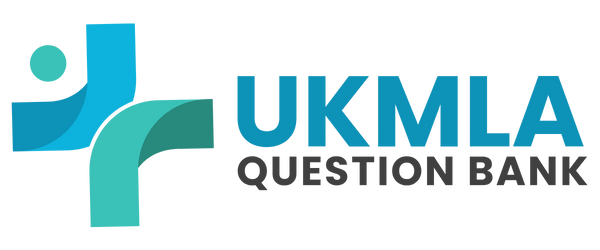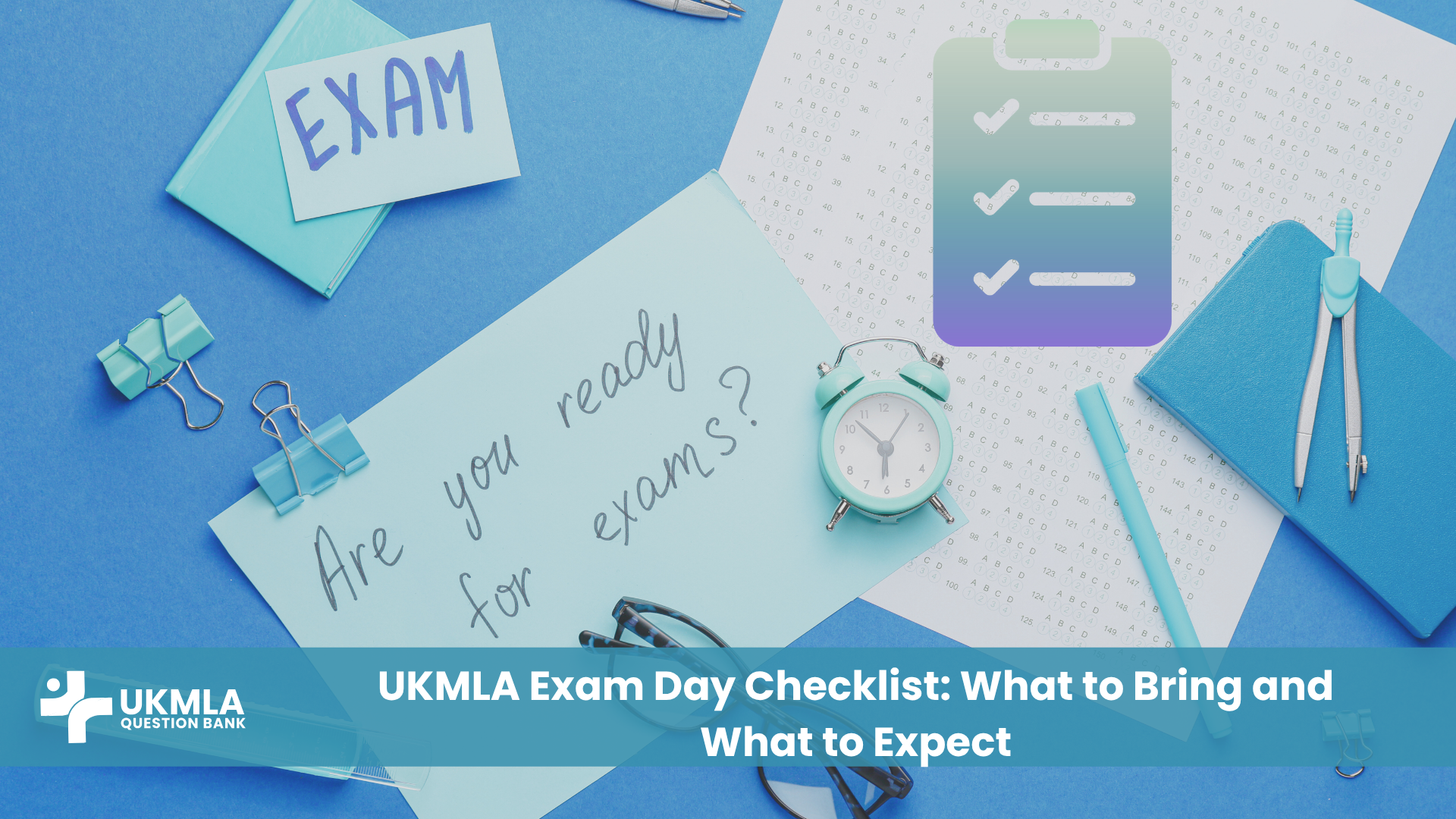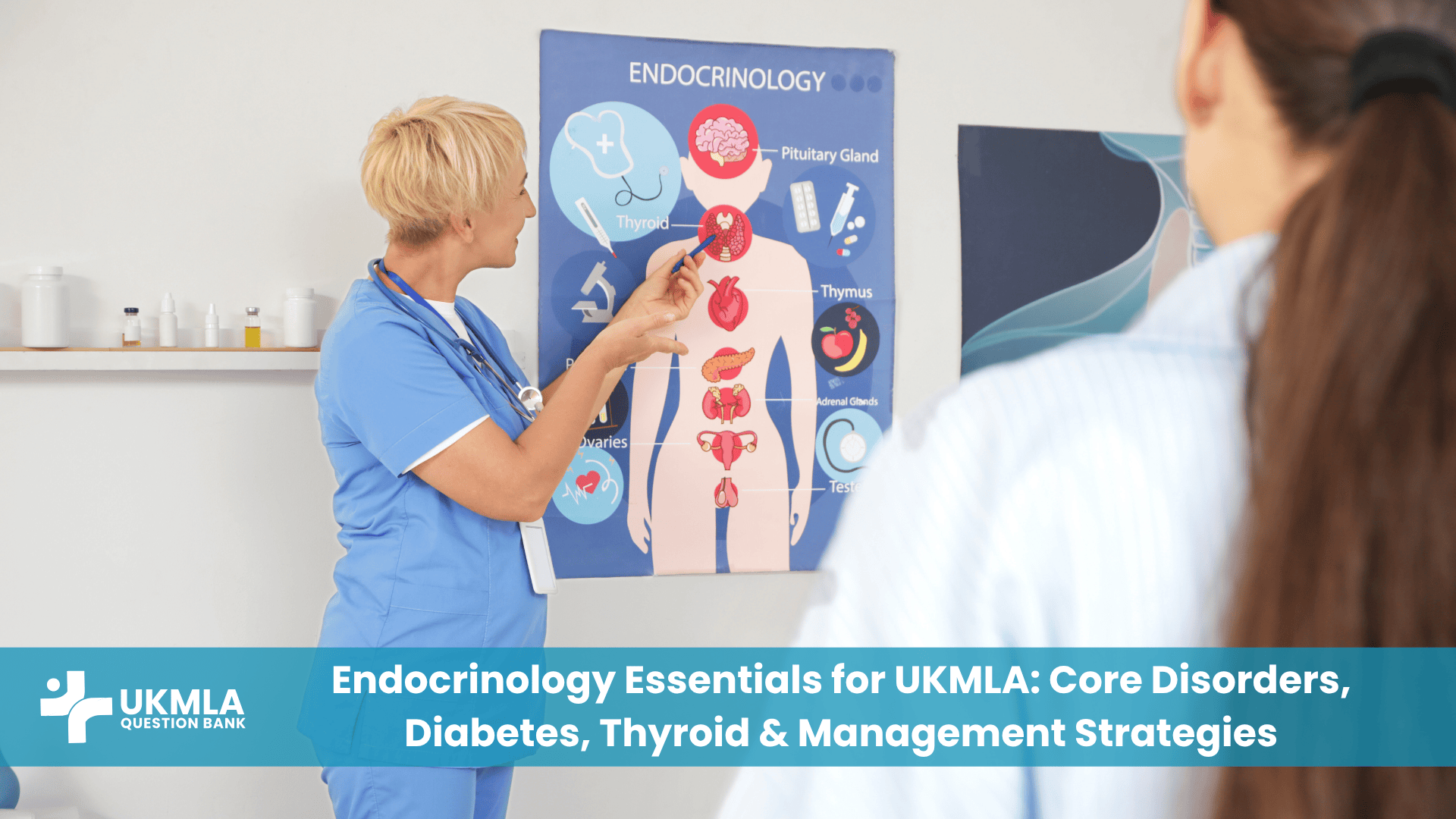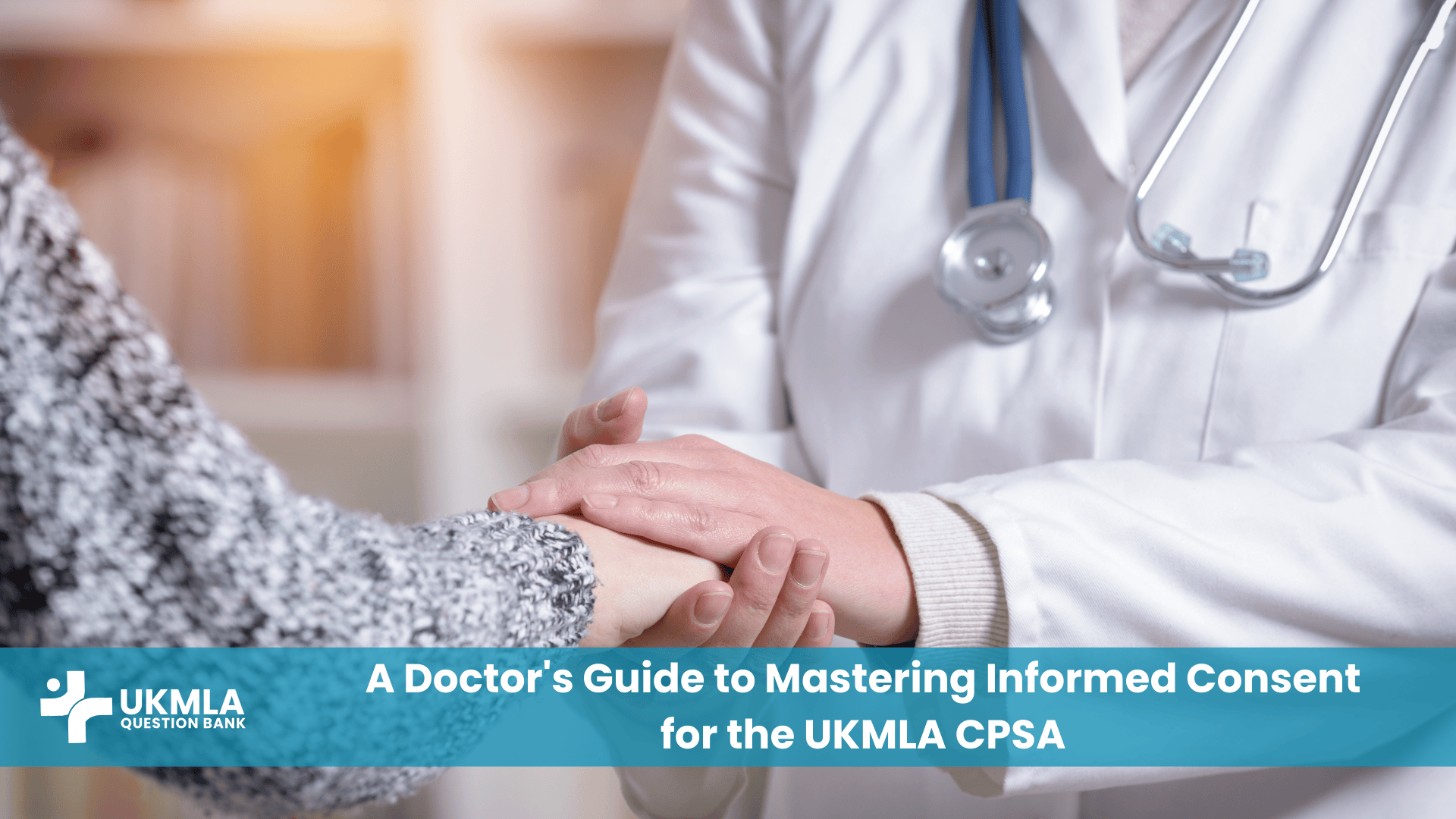The culmination of months, or even years, of dedicated preparation for the UK Medical Licensing Assessment (UKMLA) arrives on exam day. Whether you’re sitting the Applied Knowledge Test (AKT) or the Clinical and Professional Skills Assessment (CPSA), being well-prepared for the logistical and procedural aspects of the day itself is just as crucial as your academic readiness. A smooth exam day experience can significantly reduce stress and help you perform at your best. This UKMLA Exam Day Checklist and guide will detail what you need to bring, what to expect at the test centre, and how to navigate the day for both components of the assessment.
Knowing what’s coming can alleviate anxiety and ensure you’re focused solely on demonstrating your knowledge and skills. Let’s break down the essentials to ensure your UKMLA exam day goes as smoothly as possible.
Before the Exam Day: The Foundation of a Calm Experience
Your preparation for the actual exam day should start well before the morning of the test.
Confirm Exam Details:
Date, Time, and Location: Double-check your exam confirmation email from the General Medical Council (GMC) or your medical school for the precise date, start time, and address of the test centre.
Route Planning: If you’re unfamiliar with the location, plan your route in advance. Consider traffic, public transport reliability, or parking availability. A trial run can be beneficial, especially for the CPSA which is held at specific GMC assessment centres.
Review Official Guidance:
The GMC (for International Medical Graduates – IMGs) and your medical school (for UK students) will provide specific instructions and regulations for exam day. Read these documents thoroughly. They often detail permitted items, prohibited items, and conduct rules. Our guide on “[Eligibility Criteria for UKMLA: A Comprehensive Checklist]” would have been your first step, but now it’s about the day itself.
Pack the Night Before: Avoid last-minute rushes by preparing your bag and essentials the evening before. This is a key part of any UKMLA Exam Day Checklist.
Get Adequate Rest: Prioritize a good night’s sleep. Being well-rested is vital for concentration and cognitive performance.
Plan Your Meals: Have a nutritious breakfast. If it’s a long exam day (like the AKT which can be in two parts), plan for a light lunch or snacks if permitted, or know where you can get them during scheduled breaks.
UKMLA Exam Day Checklist: Essential Items to Bring
This checklist covers items generally applicable to both AKT and CPSA, with specific notes where necessary. Always defer to the official list provided by the GMC or your medical school, as rules can change.
Identification (Crucial for Both AKT & CPSA)
[ ] Valid Photo Identification: This is non-negotiable. Typically, this must be an original, current (not expired) passport. Some centres might accept other forms of government-issued photo ID, but a passport is usually the safest bet. Check your confirmation email for exact ID requirements.
Ensure the name on your ID exactly matches the name on your exam registration.
[ ] Exam Confirmation Email/Letter: Bring a printed or digital copy of your exam booking confirmation.
For the Applied Knowledge Test (AKT)
The AKT is a computer-based test.
[ ] Comfortable Clothing: You’ll be sitting for several hours. Dress in layers as room temperatures can vary.
[ ] Water Bottle: Usually a clear, unlabelled bottle of water is permitted. Check specific rules.
[ ] Medications: If you need to take personal medication during the exam, you must usually declare this in advance and follow the test centre’s procedure.
[ ] Optional: Analogue Watch: Some centres may permit a simple analogue watch (not a smartwatch). Digital watches and smartwatches are almost always prohibited. Check rules.
[ ] Spectacles (if needed): Don’t forget them!
Prohibited Items for AKT (Generally): Mobile phones (usually must be switched off and stored away), smartwatches, digital watches, calculators (an on-screen calculator is typically provided if needed), notes, books, bags (must be stored in designated areas), food and drink (other than permitted water).
For the Clinical and Professional Skills Assessment (CPSA)
The CPSA is an OSCE-style practical exam.
[ ] Professional Attire: Dress as you would for clinical practice in the UK (e.g., smart trousers/skirt, shirt/blouse, closed-toe shoes). Avoid overly casual wear, excessive jewellery, or strong perfumes. Some candidates opt for scrubs if that’s their usual clinical attire, but smart professional wear is standard.
[ ] Your Own Stethoscope (Often Recommended/Required): Check the specific guidance. If you bring your own, ensure it’s in good working order. Some centres might provide them, but using your own can be more comfortable.
[ ] Tendon Hammer, Pen Torch (Sometimes useful, check if permitted/provided): Again, refer to official guidance. Often, all necessary equipment is provided in the stations.
[ ] Analogue Watch (with a second hand): Essential for timing in stations (e.g., pulse rate, respiratory rate). Ensure it’s not a smartwatch.
[ ] Water Bottle (as per AKT rules).
[ ] Medications (as per AKT rules).
Prohibited Items for CPSA (Generally): Mobile phones, smartwatches, notes, books, bags (stored away), any unauthorised medical equipment. All necessary clinical equipment for the tasks will be provided within each station.
This UKMLA Exam Day Checklist should form the basis of your packing. Remember, the overarching principle is to only bring what is explicitly permitted.
What to Expect on UKMLA Exam Day: Navigating the Process
Understanding the flow of the day can significantly ease any apprehension.
Arrival at the Test Centre
Arrive Early: Aim to arrive at least 30-60 minutes before your scheduled start time. This allows for unforeseen delays and time to complete registration procedures without rushing.
Registration and ID Check:
You will need to present your valid photo ID and exam confirmation.
Your identity will be verified, and you may have your photograph taken or provide a digital signature.
You’ll be informed of the exam rules and procedures.
Personal Belongings: You will be directed to store any prohibited items (bags, phones, notes) in lockers or a designated secure area. You typically won’t have access to these items during the exam, except possibly during scheduled long breaks for the AKT.
Waiting Area: You may be asked to wait in a designated area before being called into the exam room (AKT) or starting your CPSA circuit.
During the Applied Knowledge Test (AKT)
Entering the Exam Room: You’ll be assigned a computer.
Instructions: Instructions on how to use the computer-based testing system will be provided on-screen. Read them carefully. There might also be a short tutorial.
Exam Interface: Familiarise yourself with how to navigate between questions, flag questions for review (if the system allows), use the on-screen calculator (if applicable), and submit your answers. High-quality mock exams, like those discussed in “[UKMLA Mock Exams: Your Ultimate Key to Unlocking Top Scores…],” often replicate this interface.
Timing: Keep an eye on the on-screen timer. Pace yourself according to the number of questions and total time. Our article “[Timeline for UKMLA: From Registration to Receiving Your Results]” gives an idea of typical durations.
Breaks:
Scheduled Breaks: For AKTs delivered in two parts, there is usually a scheduled break in between. You may be allowed to leave the exam room (but not usually the test centre building) and access food/drink.
Unscheduled Breaks: If you need to use the restroom during an exam session, raise your hand to alert an invigilator. The exam timer will usually not be paused.
Invigilators: Invigilators will be present to ensure exam regulations are followed and to assist with any technical issues (though they cannot help with exam content).
Finishing the Exam: Once you have completed all questions or the time is up, follow the on-screen instructions to submit your exam. Ensure your submission is confirmed.
During the Clinical and Professional Skills Assessment (CPSA)
Briefing: Before the circuit starts, you will receive a briefing about the exam format, timings, and what to expect.
The Circuit: You will rotate through a series of timed stations.
Reading Time: Typically, you will have 1-2 minutes outside each station to read the instructions and patient information before entering. Use this time wisely to understand the task and plan your approach.
Inside the Station: Each station will last for a set duration (e.g., 8-10 minutes). A bell or announcement will usually signal the start, warnings (e.g., 1 minute remaining), and the end of the station.
Simulated Patients/Manikins: You will interact with trained actors (simulated patients) or use manikins for procedural skills. Treat simulated patients with the same respect and professionalism as real patients.
Examiners: One or two examiners will be present in most stations, observing and marking your performance against set criteria. They are usually instructed not to interact with you unless it’s part of the station (e.g., providing results if you ask). Focus on the task and the patient.
Equipment: All necessary clinical equipment for the station’s task will be provided within the station.
Moving Between Stations: When the signal is given, move promptly and quietly to the next station.
Professional Conduct: Maintain professionalism throughout the entire circuit. This is a core aspect of the assessment, linked to the “[UKMLA Readiness for Safe Practice]” domain.
Confidentiality: You will be instructed not to discuss the station content with other candidates after the exam.
Finishing the Circuit: Once you have completed all stations, you will be guided out of the exam area.
After the Exam: What Next?
Collecting Belongings: Retrieve your personal items from the storage area.
Post-Exam Reflection (Personal): It’s natural to reflect on your performance, but try not to dwell on it excessively or compare answers with others, as this can cause unnecessary anxiety.
Awaiting Results: Results are typically released via your GMC Online account or by your university within a few weeks (usually 4-6 weeks for GMC-administered exams). The wait can be an anxious time; try to focus on other activities.
Understanding Results: Your result will be a pass or fail. Some feedback may be provided, especially if you are unsuccessful, to help guide future attempts.
Tips for a Successful UKMLA Exam Day
Stay Calm: Easier said than done, but try to manage your nerves. Deep breathing exercises can help.
Read Instructions Carefully: This applies to both the overall exam instructions and the specific instructions for each AKT question or CPSA station. Misreading can lead to lost marks.
Manage Your Time: This is critical for both AKT and CPSA. Practice pacing during your preparation.
If You Get Stuck (AKT): If you’re stuck on an AKT question, make your best educated guess and move on. You can flag it and return later if time permits and the system allows. Don’t spend too long on a single question.
If a CPSA Station Goes Badly: Try to put it behind you and focus on the next station. Each station is marked independently. A poor performance in one doesn’t necessarily mean you’ve failed the exam.
Be Professional and Courteous: To invigilators, examiners, simulated patients, and test centre staff.
Listen to Announcements: Pay attention to all verbal instructions and announcements made by exam staff.
Frequently Asked Questions (FAQ) for UKMLA Exam Day
Policies vary, but arriving late may mean you are not allowed to enter the exam or will have less time. Always aim to be early. Check the specific policy in your exam confirmation.
Generally, no. If calculations are needed, an on-screen calculator is usually provided within the computer-based testing software. Personal calculators are typically prohibited.
If you feel unwell before the exam, contact the GMC or your medical school immediately for advice. If you become unwell during the exam, notify an invigilator. There are procedures for mitigating circumstances, but these must usually be applied for formally.
For the AKT, comfortable clothing is recommended. For the CPSA, professional clinical attire is expected. Avoid clothing with any offensive or distracting logos or text.
During scheduled breaks, you might be able to talk to others, but you must never discuss the content of the exam questions or stations. Doing so is a serious breach of exam regulations.
Raise your hand immediately to alert an invigilator. They are trained to assist with technical problems. Time lost due to a significant technical fault is usually accounted for.
Generally, no, unless the examiner initiates conversation as part of the station (e.g., asking you a direct question or providing information). Your focus should be on the simulated patient and the task.
It’s best to ensure you have all required personal items. If the centre provides equipment, you may be able to use theirs, but this is not guaranteed. Forgetting essential personal equipment could disadvantage you.
No, examiners do not provide feedback during or immediately after stations. Your overall performance will be assessed, and results released later.
Mobile phones are strictly prohibited in the exam room. They must typically be switched off completely (not just on silent) and stored in the designated secure area. Accessing your phone during the exam is a serious offence.
Conclusion: Your Key to a Confident UKMLA Exam Day
Meticulous academic preparation is undoubtedly the cornerstone of UKMLA success, but a well-thought-out approach to the exam day itself can significantly impact your performance and reduce unnecessary stress. By diligently following this UKMLA Exam Day Checklist, understanding the procedures for both the AKT and CPSA, and anticipating the flow of events, you empower yourself to face the assessment with composure and focus. Remember to always refer to the latest official guidance from the GMC or your medical school. With thorough preparation covering all aspects, including this UKMLA Exam Day Checklist, you are setting yourself up for the best possible outcome. Good luck!




